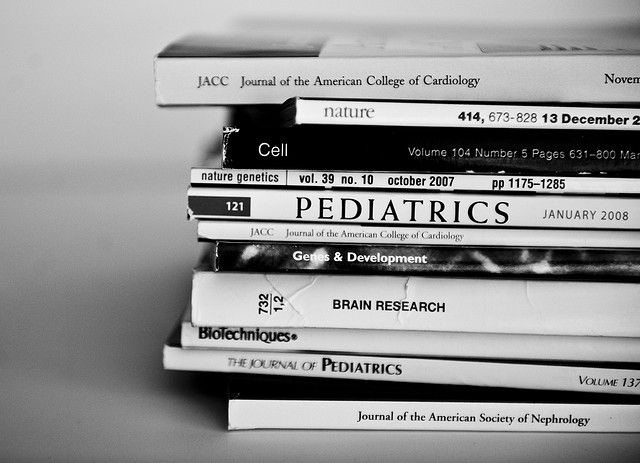An old joke about research likens it to a man looking on the street for his keys. A policeman comes up and asks the man if that is the location he lost them. The man replies, “No, but the light is better here.” What we learn from research is dependent on where we look. Those who are opposed to natural therapies, often feel that they are not “scientific”, or well researched. Often this is due to the fact that we are not looking in the right places. There is a prejudice against natural health care and a preference for drug therapy in the medical literature that keeps us from looking in the right places. A study conducted at Wake Forest University School of Medicine and published in BMC Complementary and Alternative Medicine (April 9, 2008) found that advertising by the pharmaceutical industry creates a bias against non-drug therapies in the journal. Researchers reviewed articles from 11 major medical journals for one year. The amount of pharmaceutical advertising in each journal was tallied and compared the coverage given to dietary supplements and natural health care. Journals with the most drug company advertising were least likely to feature articles about dietary supplements. Articles in journals with lots of drug company advertising, tend to view supplements negatively.
Influencing the information printed in medical journals has benefited the drug industry. Prescription drug spending increased every year between 1995 and 2000. There was a 20% increase between 1999 and 2000, taking the total to $132 billion, according to the National Institute for Health Care Management Foundation. In 2005 sales reached $251.8 billion. According to the New England Journal of Medicine (February 14, 2002;346:498-505,524-531), in 2001, 80% of all Americans took at least one drug in any given week; with about half of the population taking a prescription medication. Also, about 7% of Americans take five or more prescription drugs in any given week. Advertising to the public may account for part of this growth in business. Spending on drug advertisements between 1996 and 2000 went from $791 million to $2.5 billion annually.
We often view health care as an altruistic, scientific undertaking. For many of us it is. To many, it is a business; and profits matter more than health. It is why our approach to heart disease focuses on cholesterol medication (even though the benefits are marginal), and ignores natural substances like CoQ10, enzymes, gamma tocopherol, carnitine and resveratrol. Statins are patentable and a big business, the natural substances are not. Over 100,000 people die each year because of prescription medication that is properly given and taken. Perhaps some of these deaths are due to our confusion of marketing with science.






